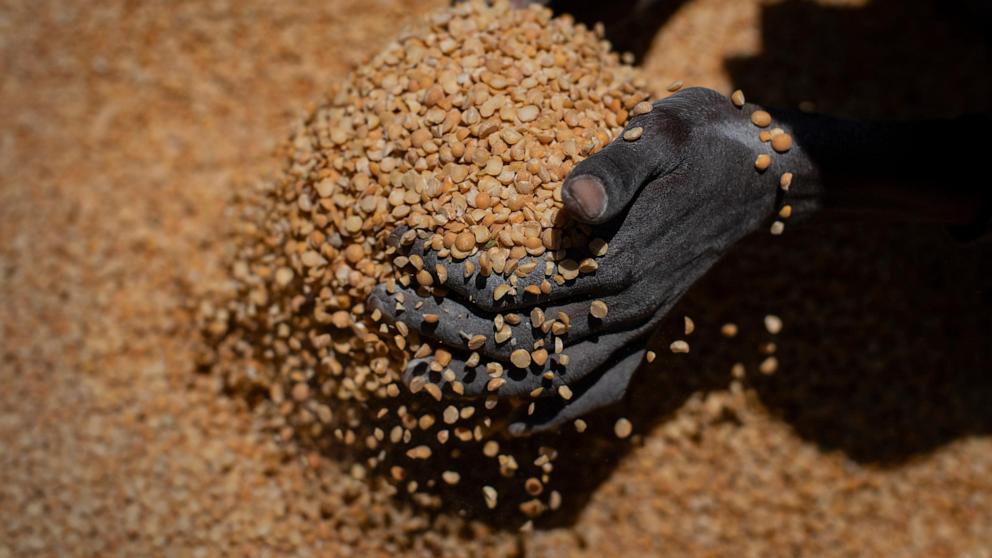The United Nations' World Food Program says it aims to reach up to 3 million Ethiopians affected by climate change and conflict in the coming weeks.
The United Nations' World Food Program said it aims to help up to three million Ethiopians affected by climate change and conflict in the coming weeks, a move that comes after the United Nations introduced a long-term aid suspension last year. This is equivalent to half the number of people supported in the East African country before the start of the project.
WFP said it is currently working “at high speed to provide food assistance to up to 3 million people” in Ethiopia's Tigray, Afar, Amhara and Somali regions. The agency is “very concerned about the deterioration of food security in northern Ethiopia, where many people are already facing severe hunger,” Ethiopian representative Chris Nikoi said in a statement on Tuesday.
The United Nations and the United States suspended food aid to the Tigray region in March 2023 due to a large-scale plot by Ethiopian authorities to steal humanitarian grain. The suspension was expanded nationwide in June after it was discovered that detouring had occurred in various parts of the country.
The United States and the United Nations have since resumed food distribution, albeit on a smaller scale.
Before the shutdown, WFP helped feed 6 million Ethiopians. It currently plans to provide assistance to 40% of the 7.2 million people facing severe food insecurity “subject to resources being available”. The rest will be handled by the government and other aid agencies, the agency said.
WFP is tackling a global funding gap where needs are rapidly increasing. The agency said it urgently needs $142 million for its operations because Ethiopia's “food stocks are limited.” Without these funds, the agency would be forced to stop food distribution to nearly 1 million foreign refugees in April, the agency said.
Ethiopia is suffering from drought and multiple internal conflicts, resulting in millions of people suffering from hunger.
Last week, the Associated Press reported that aid was slow to reach those in need after the moratorium was lifted. By January 21, only 14% of the 3.2 million people eligible for food assistance from UN agencies and non-governmental organizations in Tigray last month had received food assistance.
Ethiopia's federal ombudsman has confirmed hundreds of recent starvation deaths in Tigray region, while local authorities warn of “spreading hunger.”
The U.S.-funded Early Warning System for Ethiopia says the drought is likely to push parts of the country's south into severe and catastrophic levels of famine between now and May.
The Ethiopian government insists it is dealing with the crisis. Prime Minister Abiy Ahmad told lawmakers on Tuesday that “so far no deaths due to starvation have been reported” in Tigray and said aid was being sent to feed the hungry.
A UN committee previously accused the Ethiopian government of using hunger as a weapon against the Tigray regional government during its two-year civil war with regional forces that ended in November 2022, a charge denied by Ethiopian authorities. did.
Last month, the Food and Agriculture Organization of the United Nations awarded Abiy its top award for efforts to achieve food security, citing the prime minister's efforts to expand Ethiopia's wheat production. Human Rights Watch criticized the honor. He said the Ethiopian military and its allies had “looted and attacked the food system” and “ignored wartime abuses.”

